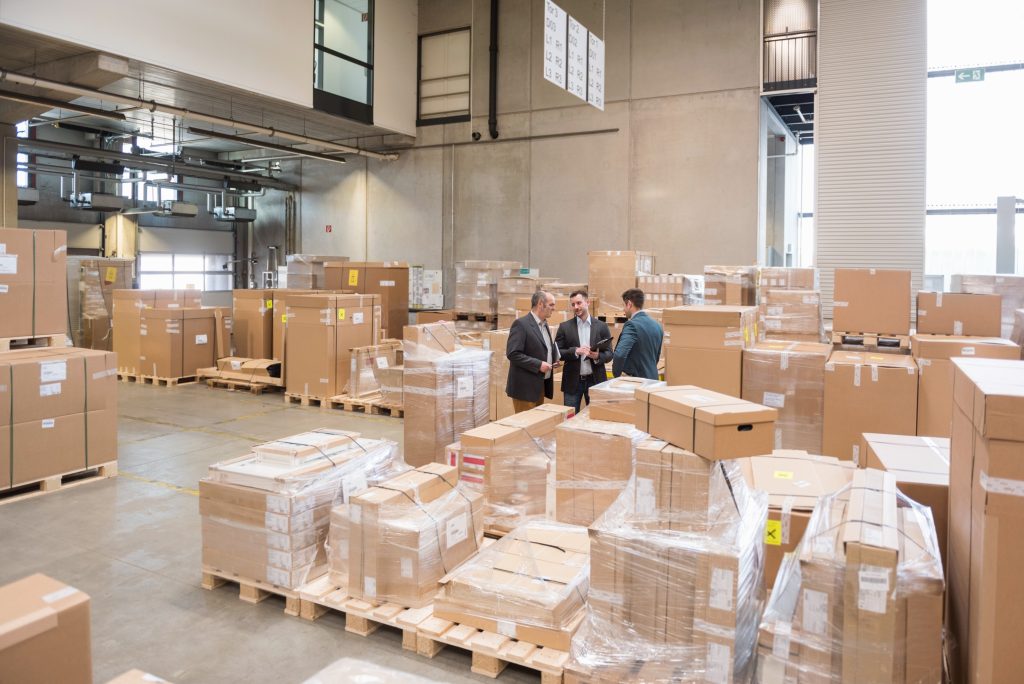Running a business is rewarding, but managing logistics can quickly become one of the most challenging parts of the job.
Whether you’re handling deliveries within your city or coordinating shipments abroad, logistics can make or break your operations.
For many small and medium-sized businesses in the Philippines, efficient logistics management determines how well they meet customer expectations and control costs.
Every successful entrepreneur understands that logistics isn’t just about moving goods from point A to point B. It’s about ensuring everything flows smoothly—from inventory to shipping and customer fulfillment.
When managed right, it can save you time, money, and stress. Here are five practical ways to handle your logistics needs more efficiently.
1. Streamline Your Inventory Management
Your logistics strategy starts with knowing what’s in your inventory. Keep a clear and updated record of your stocks so you can avoid over-ordering or running out of supplies at critical moments.
Using simple digital tools or inventory apps can make tracking easier and minimize human error.
Regular audits also help you identify which products move faster and which stay idle. This insight allows you to make smarter purchasing decisions and plan your deliveries more effectively.
2. Partner with a Reliable Logistics Company in the Philippines
Choosing the right logistics partner is one of the best investments you can make. A reliable logistics company in the Philippines can help you simplify local deliveries, handle bulk shipments, and even manage warehousing if needed.
Look for a provider with experience in your industry, transparent pricing, and consistent delivery performance.
When you work with professionals, you can focus more on growing your business instead of worrying about transportation issues.
3. Plan for International Forwarding Early
If your business ships products abroad, planning for international forwarding should be part of your logistics strategy from day one.
Understand customs regulations, shipping timelines, and import-export documentation to avoid unnecessary delays. Partnering with an experienced freight forwarder ensures your goods reach their destination safely and on time.
Preparing for global logistics early also helps you set realistic delivery expectations for your international customers, improving their overall experience.
4. Train Your Team to Handle Logistics Tasks
Your staff plays a vital role in keeping logistics efficient. Train them on proper packing techniques, order tracking, and communication with couriers.
Even small improvements in handling and coordination can lead to faster turnaround times and fewer errors.
Empowering your team with logistics knowledge also helps them anticipate issues and find quick solutions without depending entirely on external partners.
5. Apply Smart Shipping Tips for Small Businesses
Every peso counts when you’re managing deliveries. Follow practical shipping tips for small businesses to save money while keeping customers happy. Compare courier rates, use the right packaging materials, and negotiate bulk shipping discounts if possible.
Always communicate delivery timelines clearly and offer tracking updates. Customers appreciate transparency and reliability, which can set your brand apart from competitors.

Final Thoughts
Good logistics management isn’t about luck—it’s about preparation and consistency. When you take the time to understand your processes and build dependable partnerships, your operations become smoother and more predictable.
Start small by organizing your inventory, training your staff, and applying practical shipping strategies. Then, as your business grows, invest in professional support from trusted logistics providers who can help you handle bigger demands.
With the right systems and people in place, logistics won’t feel like a burden. It will become one of your strongest advantages in running a successful and reliable business.